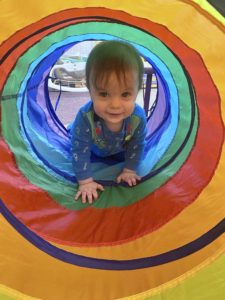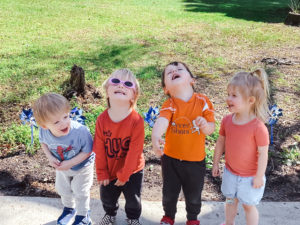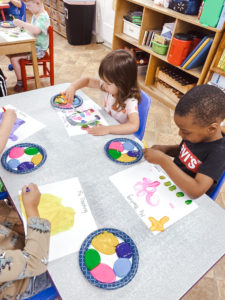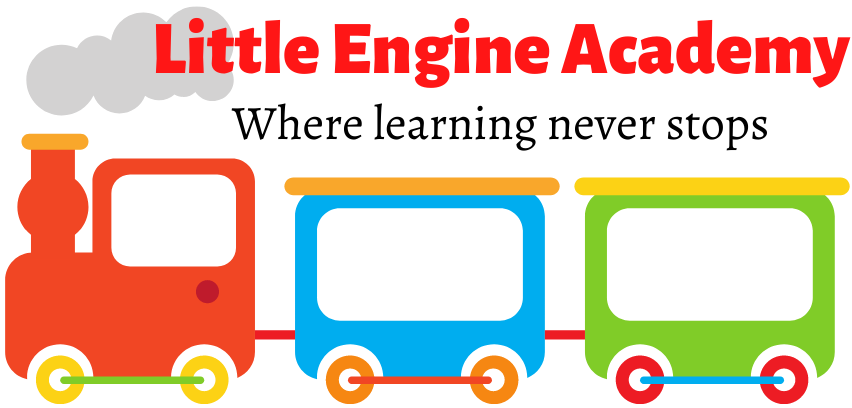 The Infant Program
The Infant Program
Our program for infants sets its pace around the needs and unique differences of each child. Routines are the curriculum for an infant’s day. Every moment of a child’s day offers opportunities for learning. The skilled educator catches these moments and helps each baby establish trust, discover and feel good about herself, tackle motor tasks, realize the power of language, and begin to understand this strange new world from many angles.
Infants should view the world from many angles and are allowed that experience. This includes crawling, being carried, stroller rides, outdoor play, climbing, and rocking. Diaper changing, feeding, and other routines are viewed as vital times for communication, self discovery, and socializing. They are encouraged to master feeding themselves despite the messiness that accompanies this activity.
Special health and cleaning practices are used in our infant rooms. All toys are removed from the play space once mouthed, then sterilized. All shelves and climbing equipment are cleaned with a bleach solution daily. Staff washes their hands before and upon entering the room and during any diapering, nose-wiping or food service. Any adult or child visiting the infant room should use shoe covers or remove shoes to limit any “street dirt” to the playspace.

The Toddler Program
15 months – 3 years old (Ages vary depending on space availability)
We approach toddlers with the understanding that they learn with their whole bodies. They learn by doing more than by being told. Toddlers discover their world on the physical level, so it is expected that they will prefer walking, climbing, carrying objects, and dumping or dropping objects over sitting, picking up toys, or playing only in a designated space.
It is expected that educators are prepared to be flexible and spontaneous with the toddler group. Because they are active explorers, toddlers are eager to try new things and use materials in different ways. Toddlers are working on becoming autonomous. The educated teacher respects this and allows opportunities for the child to be responsible and to make choices.
The teacher creates and adapts the environment and activities to meet the children’s changing needs from day to day.

The Preschool Program
3 years – 5 years old (Ages vary depending on space availability)
Preschoolers are usually most responsive to activities in which they are involved in a “hands-on” manner. Our classroom spaces are designed with “learning centers” at which children can freely choose whether to participate or not and for how long. Young children seem to learn best when teachers build on the interests and abilities of the children. This reflects the currently recognized theory that endorses non-pressured, child-centered activities guided by an adult with a solid child development base and strong problem-solving skills. Open-ended questioning and activities are offered so that children develop creative thinking skills.
The preschool curriculum includes activities centering on communication, science, math, social studies, music, and art, large and small motor development.
Our goal is to give all children the wings to fly creatively.
